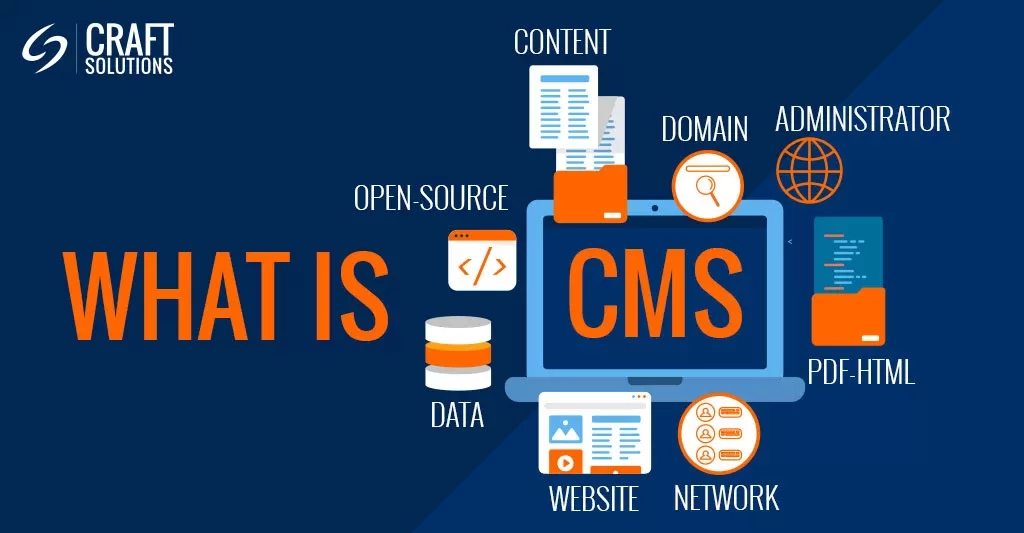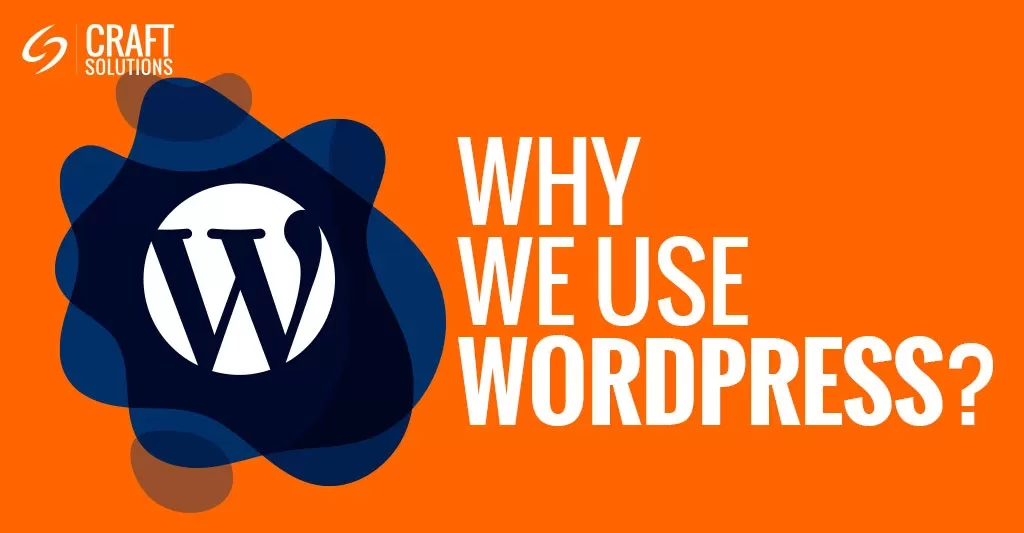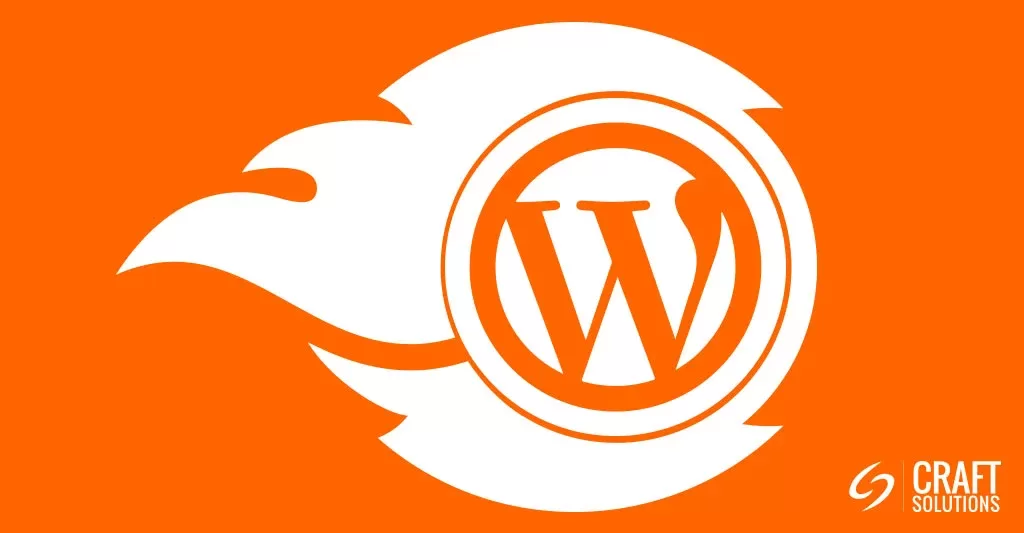What is a CMS?

CMS stands for Content Management System. Software applications allow you to build and manage websites without the need to code.
CMS allows you to manage, modify, publish, and create different content types through a user-friendly dashboard. You can either create your own website design like we do or buy a pre-designed template. This allows you to easily design a website that is unique to you.
A CMS is composed of two parts: a content management app (CMA), and a content delivery program (CDA). The CMA allows you to manage your website content. On the other side, the CDA backend takes the content that you have entered in the CMS and stores it in a database. It then displays it to your visitors.
What are the advantages of using a CMS system to manage your website?
We have already explained what a CMS is. You should now know the benefits of using it:
Doesn’t require coding experience
CMS allows non-programmers to easily build websites without having to know any coding. You can create, manage and customize your website’s design and install plugins or extensions to enhance your website’s functionality without ever having to code a single line.
Pre-designed Templates
Many CMS software includes pre-designed templates that allow you to quickly customize the look of your website. You can also find a lot of pre-designed templates online or hire someone to create a custom template.
Productive Workspace
Multiple users can work simultaneously in the CMS system’s backend. Your marketers could be writing content and your customer service responding to customer comments simultaneously, all while working on the backend.
A CMS provides a collaborative and productive environment.
SEO Friendly
Many CMS platforms provide pre-built plugins and features to help you optimize for search engines. You can edit page titles, meta tags and descriptions, select SEO-friendly URL structure, add image alt tags and create redirects.
This tool helps you to implement search engine optimization best practices quickly.
CMS platforms examples
Many CMS software is available for different types of websites. For example, CMS can be used to create static websites, blogs or e-commerce shops, as well as portfolios and forums. These are just a few examples of CMS platforms.
- WordPress
- Joomla
- Drupal
- Magento
- PrestaShop
CMS is extremely useful software. You should use it to create and manage your website. CMS features will allow you to grow. It stores all your web content in one location, allows you to create templates, and provides a workflow that makes it easy to personalize your website. We hope that you enjoyed this article and found out more about CMS software applications. If you would like to learn more you can also check out our article explaining WordPress



